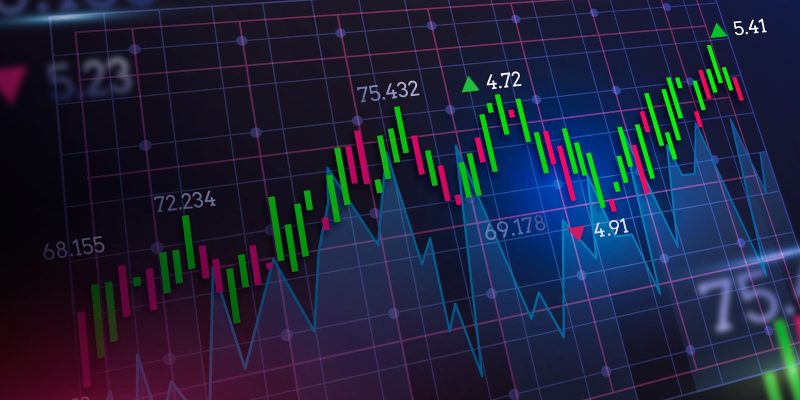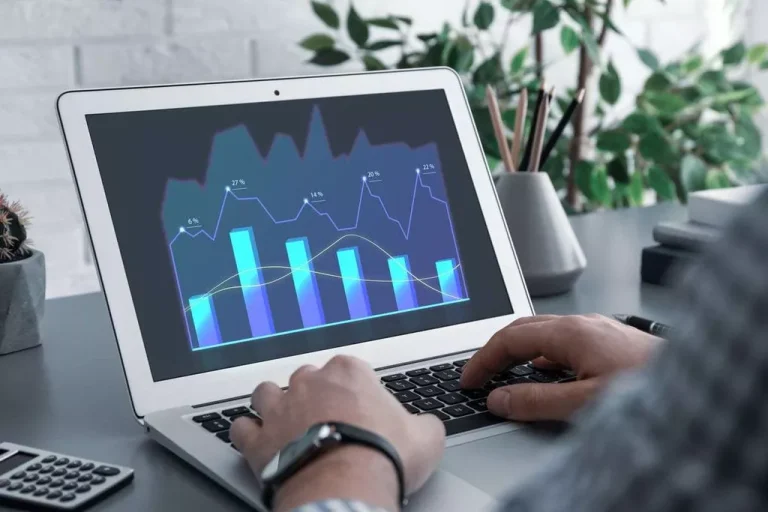
In the fast-paced world of forex trading, brokers face numerous challenges. From managing client relationships to executing trades efficiently, the demands on brokers are immense. However, in this digital age, technology has emerged as a game-changer, offering solutions to streamline operations and enhance customer satisfaction. One such technology that has gained significant traction in the forex industry is Customer Relationship Management (CRM) systems. In this article, we delve into the importance of CRM for broker trading, exploring its benefits, features, and impact on forex brokers.
Understanding CRM for Broker Trading
CRM for broker trading refers to the use of specialized software designed to manage client interactions, streamline processes, and improve overall efficiency in forex brokerage firms. These CRM systems are tailored to meet the unique needs of brokers, offering a comprehensive suite of tools to handle everything from client onboarding to trade execution and beyond.
The Benefits of CRM for Forex Brokers
1. Enhanced Client Management
CRM systems enable brokers to maintain detailed client profiles, including trading preferences, risk tolerance, and communication history. This wealth of information allows brokers to personalize their interactions with clients, providing tailored services and recommendations.
2. Improved Communication
Effective communication is key in the forex industry, and CRM systems facilitate seamless interaction between brokers and clients. From automated email notifications to real-time chat support, these platforms ensure that clients are always informed and engaged.
3. Efficient Trade Execution
With built-in trade management tools, CRM systems streamline the process of executing trades, reducing manual errors and delays. Brokers can easily monitor market conditions, place orders, and manage positions directly from the CRM interface.
4. Risk Management
Managing risk is a top priority for forex brokers, and CRM systems play a crucial role in this aspect. By providing real-time risk analytics and exposure monitoring, these platforms help brokers identify and mitigate potential risks before they escalate.
5. Data Analysis and Reporting
CRM systems offer advanced analytics capabilities, allowing brokers to gain valuable insights into client behavior, market trends, and performance metrics. By analyzing this data, brokers can make informed decisions and optimize their trading crm strategies for better results.
Key Features of Trading CRM Systems
1. Client Onboarding
Simplify the onboarding process with customizable workflows and automated document management features.
2. Lead Management
Track and nurture leads effectively, ensuring no opportunity is missed in the sales pipeline.
3. Integrated Trading Platform
Seamlessly connect the CRM system with trading crm platforms, enabling brokers to execute trades directly from the CRM interface.
4. Mobile Accessibility
Access important client information and trade data on the go with mobile-friendly CRM applications.
5. Compliance Tools
Stay compliant with industry regulations using built-in compliance monitoring and reporting tools.
6. Scalability
Choose a CRM system that can grow with your brokerage firm, accommodating increasing client volumes and expanding business operations.

Implementing CRM for Broker Trading: Best Practices
1. Identify Your Needs
Before selecting a CRM system, assess your brokerage firm’s specific requirements and objectives. Consider factors such as client volume, trading volume, and budget constraints.
2. Choose the Right Solution
Research different CRM providers and choose a solution that aligns with your business goals and workflow requirements. Look for features such as customization options, integration capabilities, and scalability.
3. Provide Training and Support
Ensure that your team receives adequate training on using the CRM system effectively. Offer ongoing support and guidance to address any questions or issues that may arise during implementation.
4. Integrate with Existing Systems
Maximize the value of your CRM investment by integrating it with other essential systems, such as trading platforms, accounting software, and marketing tools.
5. Monitor Performance and ROI
Continuously monitor the performance of your CRM system and track key metrics such as client retention rates, revenue growth, and efficiency gains. Evaluate the ROI of your crm for forex brokers investment and make adjustments as needed to optimize results.
Conclusion
CRM systems have become indispensable tools for forex brokers looking to streamline operations, enhance client relationships, and stay competitive in the dynamic trading landscape. By leveraging the power of CRM technology, brokers can effectively manage client interactions, execute trades with precision, and drive business growth. Whether you’re a seasoned broker or a newcomer to the industry, investing in a robust CRM solution can unlock new opportunities and propel your brokerage firm to greater success in the world of forex trading.
FAQs
1. What features should I look for in a CRM tailored for broker trading or forex brokers?
Look for features like lead management, client segmentation, communication tools (email, SMS), task automation, reporting and analytics, integration with trading platforms, compliance management, and customizable workflows tailored to the needs of broker trading or forex brokerage.
2. How can a CRM enhance client relationships and retention in broker trading or forex brokerage?
A CRM can help brokers better understand their clients through detailed profiling and segmentation, enabling personalized communication and tailored services. Automation features can streamline client onboarding, support, and follow-up processes, ensuring timely responses and improved client satisfaction. Additionally, analytics tools can provide insights into client behavior and preferences, facilitating proactive engagement and targeted marketing campaigns to enhance retention.
3. Is data security a concern when using a CRM for broker trading or forex brokerage?
Yes, data security is paramount in the financial services industry, especially for brokerages dealing with sensitive client information. When selecting a CRM, ensure it complies with industry regulations such as GDPR and has robust security measures in place, including encryption, access controls, regular audits, and data backup protocols. Additionally, choose a CRM provider with a track record of reliability and trustworthiness in safeguarding client data.







